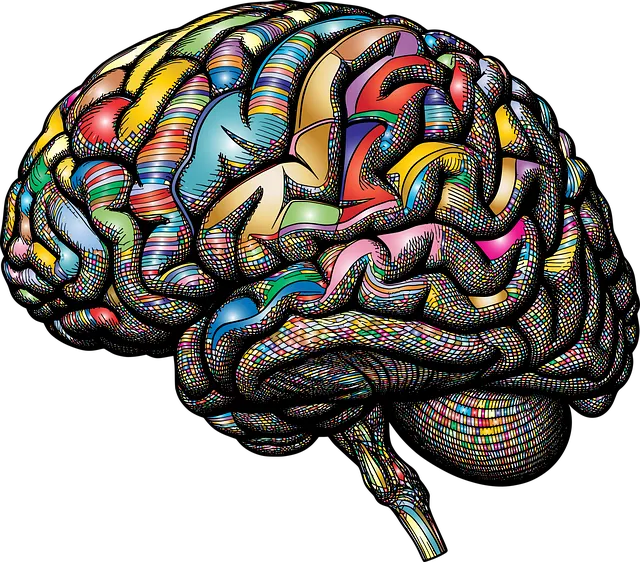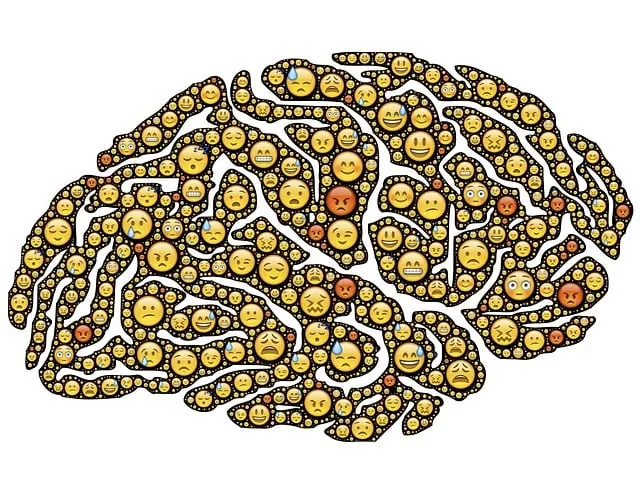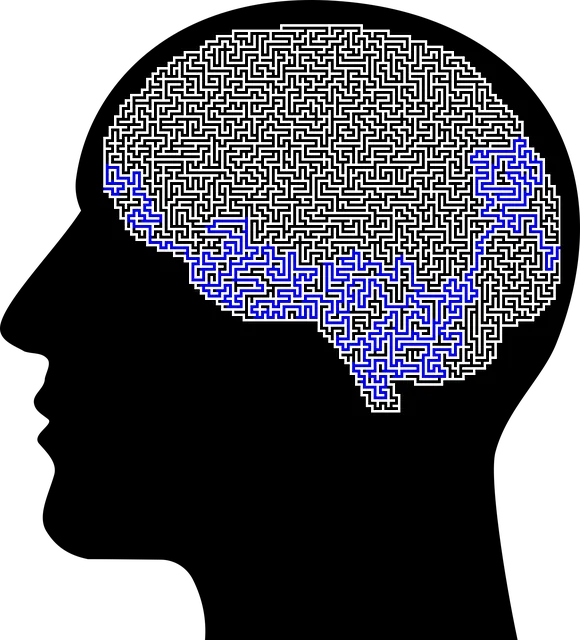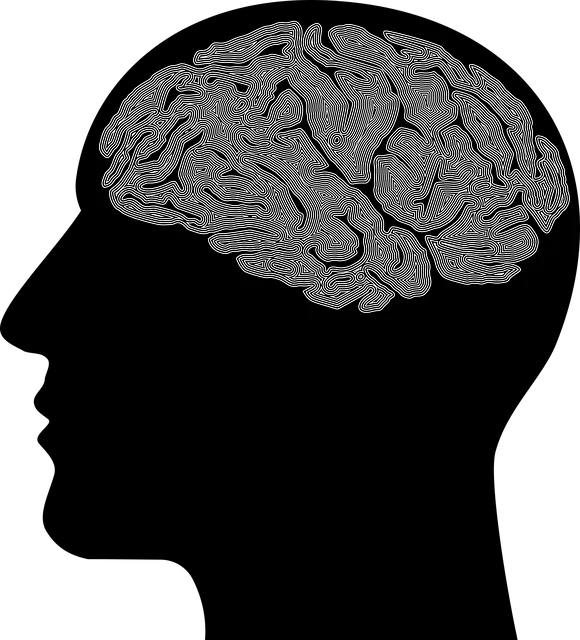The Centennial Kaiser mental health classes provide essential resources for trauma recovery, focusing on evidence-based emotional healing and stress management. These classes foster resilience, equip individuals with crisis intervention skills, and promote cultural competency in healthcare. Through holistic approaches like inner strength development, they reduce stigma, build trust, and significantly improve well-being, making them a game-changer in trauma support services.
Trauma is a significant public health concern, affecting individuals across all demographics. This article explores critical aspects of trauma support services provision, with a focus on the role of Centennial Kaiser Mental Health Classes in addressing this complex issue. We delve into understanding trauma and its far-reaching impacts, dissect effective support service implementation strategies, and highlight how innovative programs like Centennial Kaiser classes are revolutionizing care. By examining these elements, we aim to enhance access to resources for those healing from traumatic experiences.
- Understanding Trauma and Its Impact
- The Role of Centennial Kaiser Mental Health Classes in Trauma Support
- Implementing Effective Trauma Support Services
Understanding Trauma and Its Impact

Trauma is a profound and complex experience that can leave lasting imprints on an individual’s mental and emotional well-being. It stems from diverse sources, such as severe accidents, violent attacks, or prolonged exposure to distressing events. At its core, trauma disrupts a person’s sense of safety and can manifest in various ways, affecting their ability to function daily. The impact of trauma extends beyond the immediate moment; it can lead to long-term psychological disturbances, including anxiety disorders, depression, and post-traumatic stress disorder (PTSD).
Centennial Kaiser mental health classes offer valuable resources for understanding and addressing these challenges. These classes delve into the emotional healing processes, equipping individuals with tools to navigate the aftermath of trauma. Through evidence-based practices, participants learn effective strategies for managing stress and regulating emotions, crucial elements in the risk management planning for mental health professionals. By fostering a supportive environment, these sessions aim to enhance resilience and promote recovery, ultimately empowering individuals to overcome the debilitating effects of traumatic experiences.
The Role of Centennial Kaiser Mental Health Classes in Trauma Support

The Centennial Kaiser Mental Health Classes play a pivotal role in trauma support services by offering specialized programs tailored to address complex emotional wounds. These classes provide a safe and supportive environment, facilitating healing through evidence-based practices. Participants gain valuable skills in crisis intervention, enhancing their ability to manage traumatic stress responses effectively.
Beyond direct care, the Centennial Kaiser Mental Health Classes contribute to a broader goal of healthcare provider cultural competency training. By equipping professionals with communication strategies sensitive to diverse backgrounds, these classes ensure that trauma support is accessible and culturally appropriate for all individuals. This holistic approach not only improves treatment outcomes but also fosters trust and engagement within communities affected by trauma.
Implementing Effective Trauma Support Services

Implementing effective trauma support services requires a holistic approach, especially in diverse communities like those found in metropolitan areas. Organizations such as Centennial Kaiser have recognized the need to go beyond traditional therapy models and offer innovative solutions, like mental health classes designed to foster inner strength development. These initiatives aim to empower individuals who have experienced trauma by providing them with tools to navigate their healing journey.
The design of mental health education programs plays a pivotal role in trauma support. By incorporating evidence-based practices and creating inclusive environments, these programs can effectively reduce the stigma surrounding mental illness. Through tailored curriculum and peer support networks, individuals can build resilience, process their experiences, and develop coping mechanisms, ultimately enhancing their overall well-being.
Trauma support services are indispensable for fostering healing and resilience among individuals affected by traumatic events. As highlighted, Centennial Kaiser Mental Health Classes play a pivotal role in providing effective trauma-informed care through evidence-based practices. By integrating these classes into existing support systems, communities can create safer, more supportive environments. Effective implementation involves training professionals, ensuring accessibility, and promoting cultural sensitivity to meet the diverse needs of those seeking recovery from trauma.





